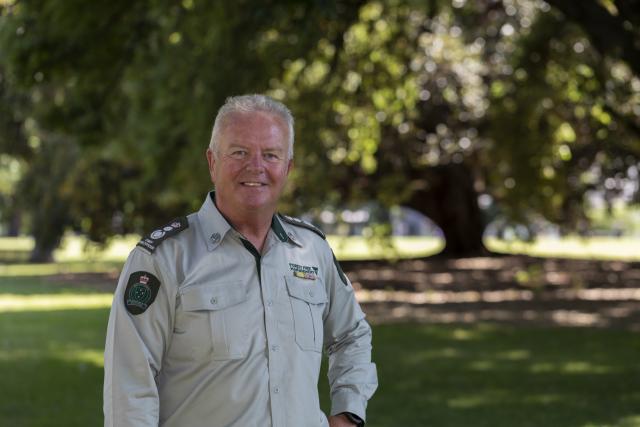Exeter, in Devon, South West England, was designated the prestigious status of a UNESCO City of Literature in November 2019 recognising the city’s outstanding contributions to culture and creativity, highlighting its 1,000 years of unbroken history around reading and the paper trade.
Take the Exeter Book, housed in the famous Exeter Cathedral, which originates from the 10th century and is the largest known collection of poetry and riddles composed in Old English. In 2016, it was recognised by UNESCO as “the foundation volume of English literature, one of the world’s principal cultural artefacts”.
Also little-known is the fact that the Devon and Exeter Institution, an independent library founded in 1813, hired Eliza Squance as a librarian in 1849. Having beaten 20 male applicants to the position, she is believed to be the first professional female librarian in England.
Particularly worth noting is that, as part of its efforts to promote storytelling and reading, Exeter City of Literature launched the “Bibliotherapy in the Community” program in June 2021. Simply put, bibliotherapy is a therapeutic approach that uses literature to help us better understand and cope with the world around us. It is also known as book therapy or therapeutic storytelling/
The program encouraged families from a local school to participate in free sessions with esteemed bibliotherapist Susan Elderkin, before receiving a “book prescription” tailored to their individual reading levels, interests, and wellbeing needs. Local businesses were invited to sponsor the program to provide more books to those in need.
In the words of Exeter City of Literature website: “Research has found that reading increases personal confidence, reduces social isolation, improves concentration, and increases self awareness… Bibliotherapy is a particular modality that uses reading to improve wellbeing on an individual basis.”
While bibliotherapy uses an individual’s relationship to the content of books and other written words – especially poetry – there is no doubt that considerable skills and expertise are required to provide recommendations based on perceived therapeutic value. Equally important is to
incorporate other implemental activities and to evaluate and enhance the therapy’s effects. Which is why Exeter City of Literature teamed up with Exeter College to launch the “Introduction to Bibliotherapy” course in April 2022 – another first of its kind. The course offers unique skills to those working in community groups and organisations to support people who would benefit from personalised book prescriptions and conversations around reading to increase their overall wellbeing.
Putting their bibliotherapy skills into practice, graduates from the course found that people truly value “being given the time to talk, and think about their relationship with books and reading”. Conversations lead to connections, which are precious and much needed in these fragile times.
Indeed, having presented the “Bibliotherapy with State Library Victoria” podcast series in August 2020 (https://www.slv.vic.gov.au/bibliotherapy), Melbourne’s own bibliotherapist Dr Susan McLaine is trying to set up a similar program to the course in Exeter. It would be wonderful to have more people equipped with bibliotherapy skills advocating the healing power of stories and poems







